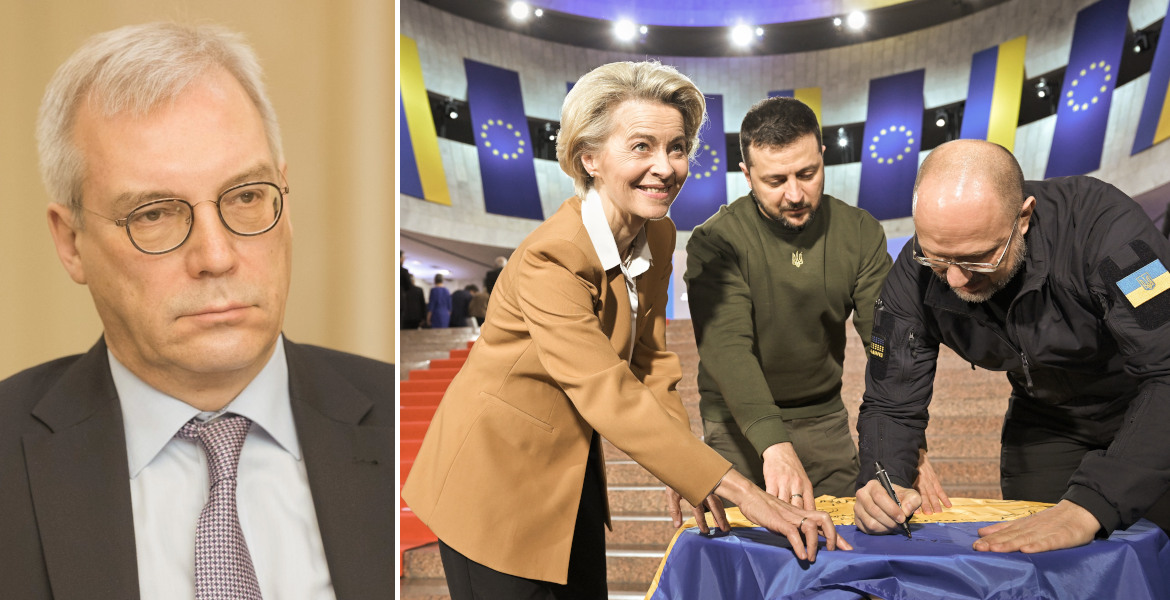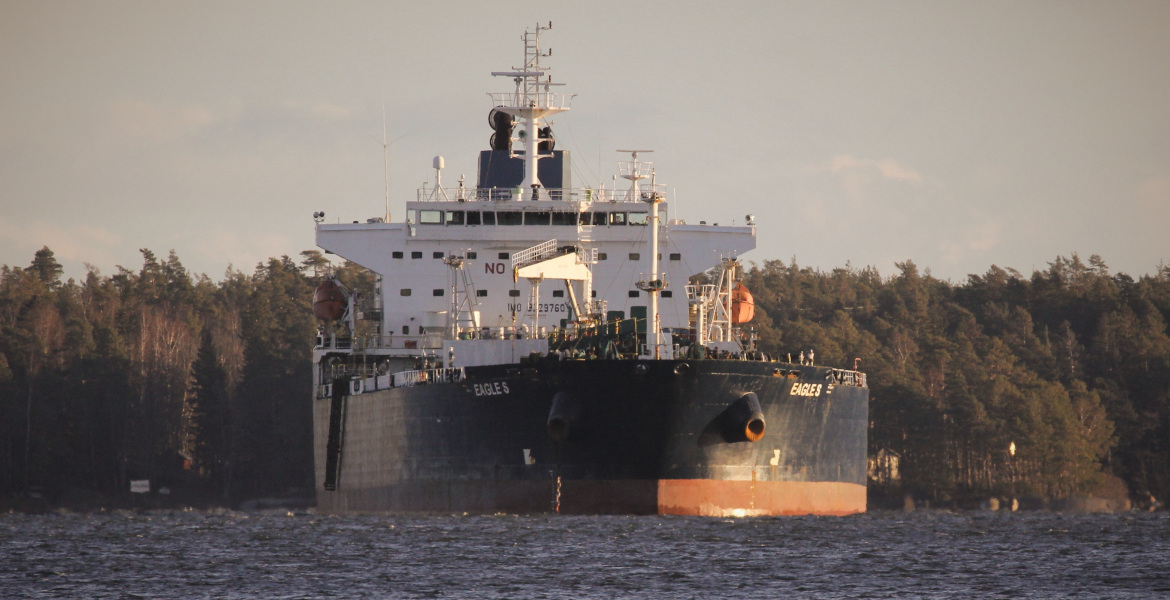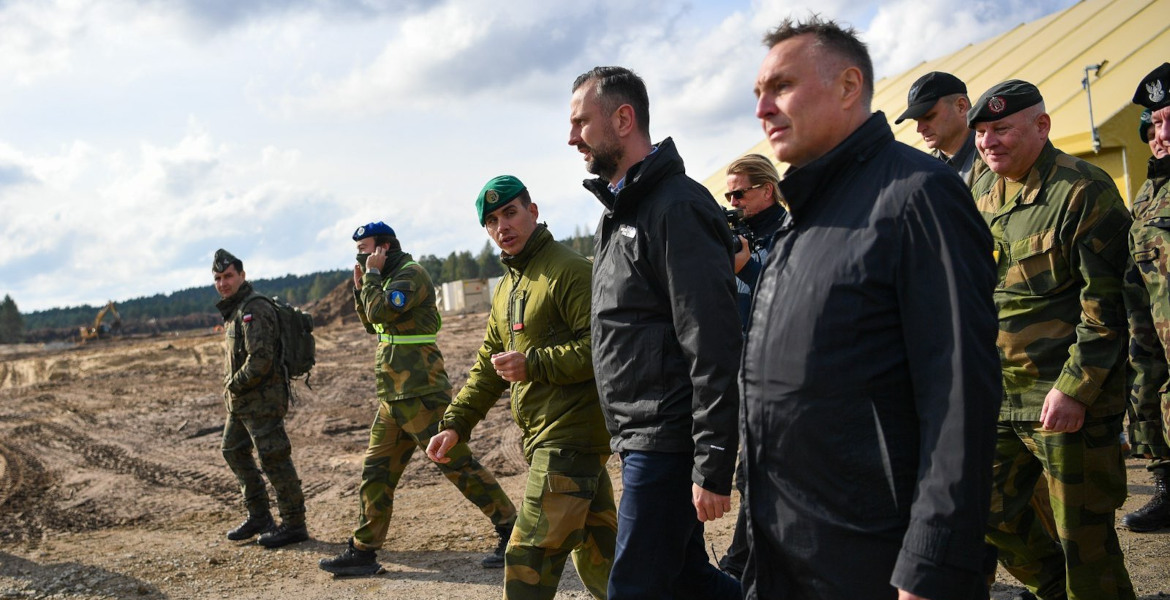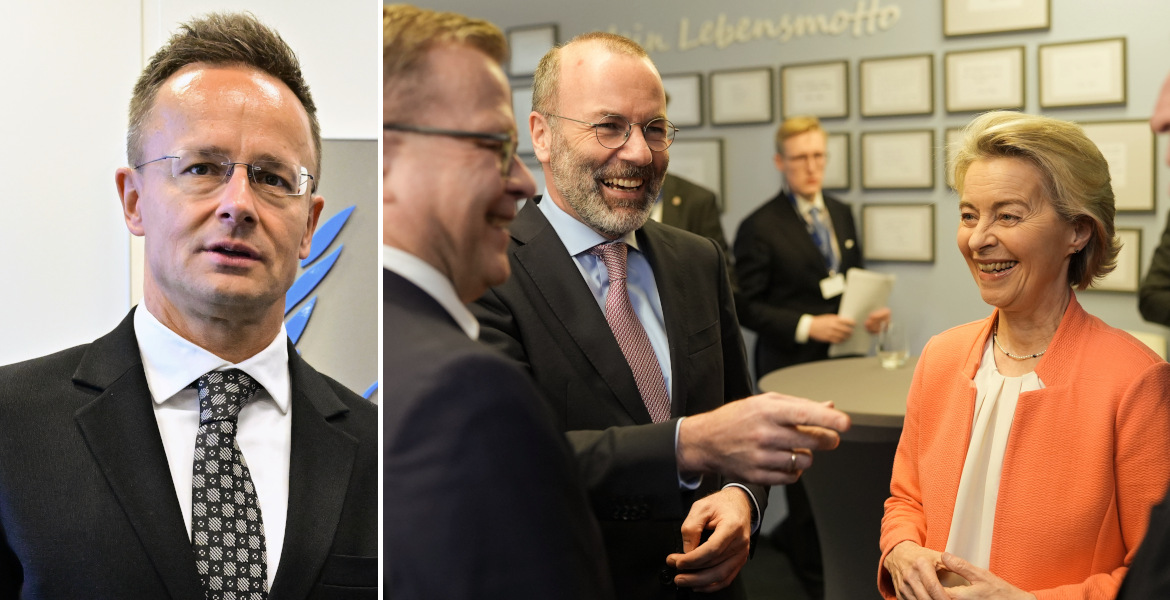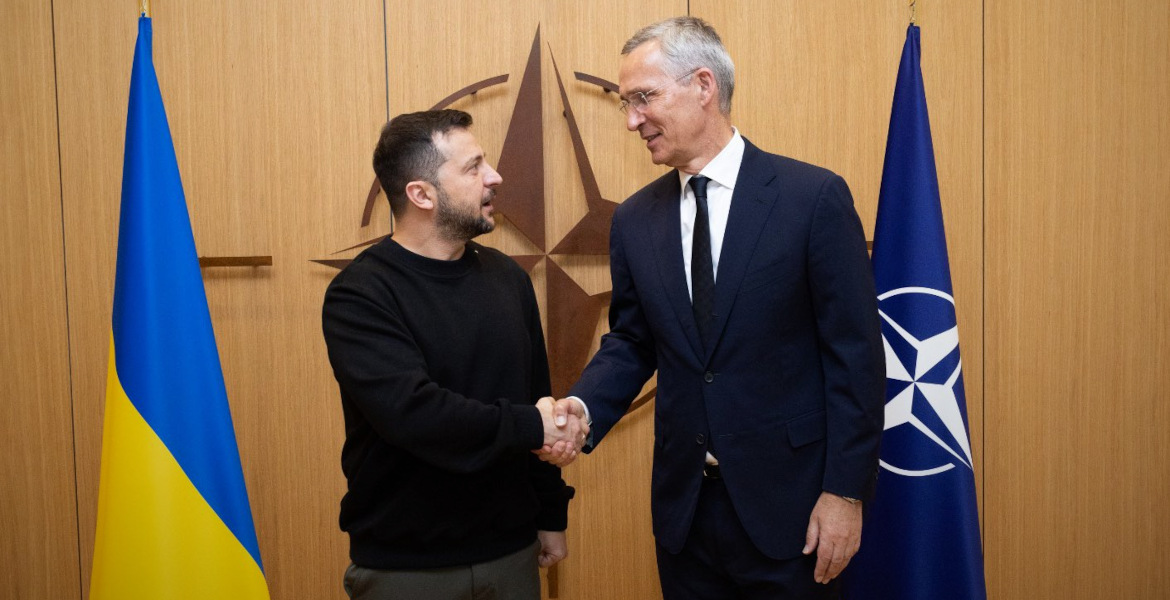The EU’s economic losses following the termination of energy cooperation and reduced trade with Russia now exceed one trillion (1,000 billion) euros. This according to Russian Deputy Foreign Minister Alexander Grushko.
– There are different estimates. If we talk about the majority of experts, the total amounts to as much as more than a trillion euros taking into account losses from termination of energy cooperation with Russia, from the curtailment of trade. In 2013, our trade was worth 417 billion euros, last year it equaled 60 billion euros, now it is practically approaching zero. This is lost profit, said Grushko, according to several Russian media outlets.
He also highlighted differences in energy costs between Europe and the USA:
– The cost of natural gas in Europe is 4-5 times higher than in the US while electricity is 2-3 times more expensive. This is the price that Europe has to pay for curtailing all economic contacts with Russia.
More expensive deals with the USA
The statement comes shortly after the EU concluded a new trade agreement with the USA, which commits the union to purchasing large volumes of American energy. According to Moscow, these deliveries are significantly more expensive than those previously supplied by Russia. The agreement also includes 15 percent tariffs on important EU products, which several European politicians have criticized as unbalanced and harmful to Europe’s interests.
Earlier in June, Russian President Vladimir Putin stated that EU countries had lost around 200 billion euros (231 billion dollars) solely by forgoing Russian gas deliveries. Towards the end of 2024, Russian officials estimated that total EU losses linked to sanctions had reached 1.5 trillion dollars.
At the same time, Moscow claims that the country has achieved a certain “immunity” against Western sanctions.
Sanctions since 2014
In a comment on the new USA-EU agreement, Putin claimed that the EU has in practice lost its political sovereignty, which according to him has directly led to weakened economic independence.
The EU began imposing sanctions against Russia in 2014 following the annexation of Crimea and the erupting conflict in eastern Ukraine, and has significantly expanded them since 2022. The sanctions target areas including the banking sector, energy exports, and Russian industrial companies.
Moscow, in turn, regards the sanctions as illegal and argues that they violate international trade rules and threaten global economic stability.
